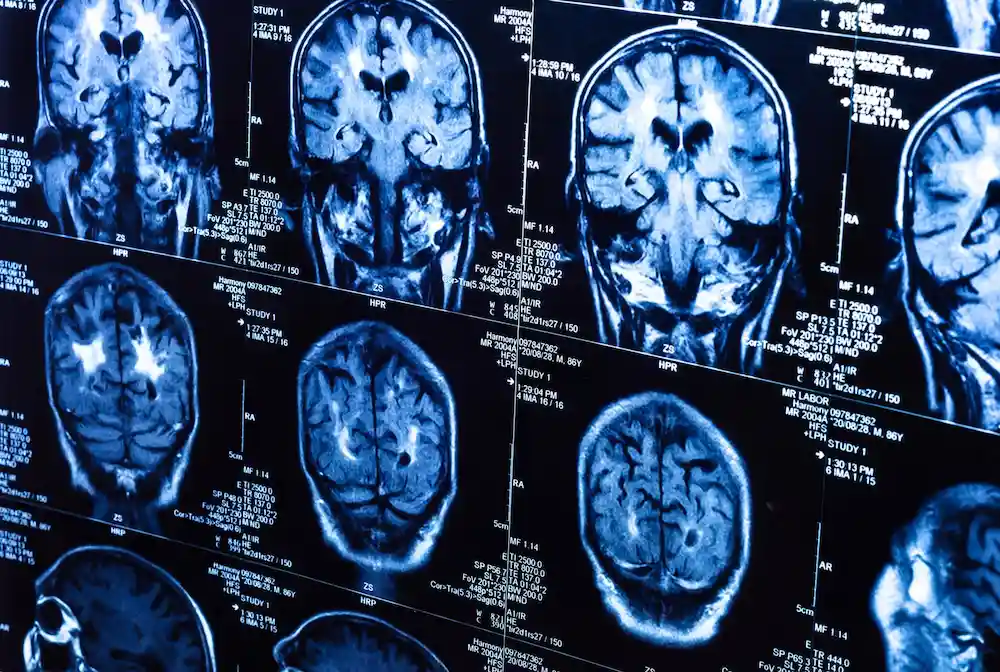Coventry Traumatic Brain Injury Lawyer
Need a Coventry traumatic brain injury accident lawyer for a traumatic brain injury?
If you or a loved one suffered a TBI in an accident involving Uber, Lyft, or another rideshare driver—whether as a passenger, pedestrian, or another motorist—you may be entitled to compensation. Rideshare accident claims involving brain injuries can be especially complex, but Etemi Law has the experience to guide you through it. We’re committed to helping TBI victims get the justice and compensation they deserve.
Call us today at (203) 409-8424 for a


Understanding Traumatic Brain Injuries (TBI)
A traumatic brain injury (TBI) occurs when a sudden jolt, blow, or impact causes the brain to move rapidly within the skull. This movement can result in chemical changes, bruising, or damage to brain tissue. Even mild trauma—known as a mild traumatic brain injury (MTBI)—can lead to lasting effects, sometimes without immediate signs such as loss of consciousness.
Common Causes of TBI
TBI can happen in many everyday situations, including:
- Rideshare Accidents – Sudden impact from Uber or Lyft collisions, especially rear-end crashes, can cause the brain to jolt violently.
- Slip and Fall Accidents – Striking the head on the ground during a fall can lead to significant brain trauma.
- Sports Injuries – Contact sports like football, boxing, and rugby are common causes of concussion and TBI.
- Motorcycle Accidents – Especially in Connecticut, where helmets aren’t required for all riders, these crashes can be devastating.
- Pedestrian Accidents – Pedestrians struck by vehicles often suffer TBIs due to direct impact.
- Product-Related Injuries – Falling merchandise or faulty safety equipment (like airbags) can cause head trauma.
- Birth Injuries – Trauma during delivery can result in infant brain injuries with lifelong consequences.
Why TBI Cases Are Complex
Brain injuries are often called “invisible injuries” because their symptoms may be subtle, delayed, or misdiagnosed. TBIs can affect memory, mood, concentration, and even personality. Because of the complexity of these cases—especially when involving multiple parties, such as in rideshare accidents—it’s critical to have a legal team that understands both the medical and legal challenges involved.
How Etemi Law Can Help
At Etemi Law, we are committed to helping victims and their families get the compensation they need for recovery and long-term care. Our experienced team will:
✅ Thoroughly investigate the cause of the brain injury
✅ Work with medical experts to document its full impact
✅ Handle negotiations with insurance companies and responsible parties
✅ Take your case to trial if necessary to fight for full compensation
Don’t Wait — Protect Your Rights
If you or a loved one has suffered a brain injury due to a rideshare crash or another type of accident, it’s crucial to act quickly. You deserve a legal team that will stand by your side and fight for the justice and financial recovery you need.
📞 Call us at (203) 680-8080
📧 Email us or fill out our Free Case Evaluation Form to schedule your free consultation today.
In Coventry’s patchwork of cornfields and narrow two-lane roads, long slow-moving tractors meet commuter traffic on Route 44 and rural connectors like Route 31, creating the blind spots that often precede severe head injuries. I’ve driven those routes and watched the sightlines disappear behind stone walls and hedgerows; the collision dynamics between farm implements and passenger vehicles can produce high-impact rotational forces that lead to traumatic brain injury.
On country lanes near the Nathan Hale Homestead, farmers tow wagons, harvesters pivot, and school buses share tight turns — a recipe for crush injuries, falls from equipment, and consenting-but-devastating concussive blasts when a header strikes metal. Local EMS crews describe stabilizing patients at the roadside, protecting cervical spines, and making judgment calls about urgent ground transport versus requesting medevac when mechanized entrapment complicates extrication.
When the ambulance rolls from a farm field to Windham Hospital’s emergency department, time to imaging and neurosurgical consultation becomes the pivot between short-term monitoring and interfacility transfer to a trauma center. Rural response intervals, night harvest schedules, and the need to re-route around agricultural convoys all factor into how quickly a suspected TBI reaches advanced CT, neurosurgery evaluation, or inpatient rehabilitation.
Families here tell me recovery is often a relay: emergency crew to hospital, then to inpatient rehab or outpatient neurotherapy, with caregivers negotiating gravel drives and shared pickup schedules. From Coventry Lake boat launches to silo-lined back roads, practical logistics — transport distances, access to specialists, and coordination between community providers — shape the weeks and months after an injury as much as the initial trauma.
